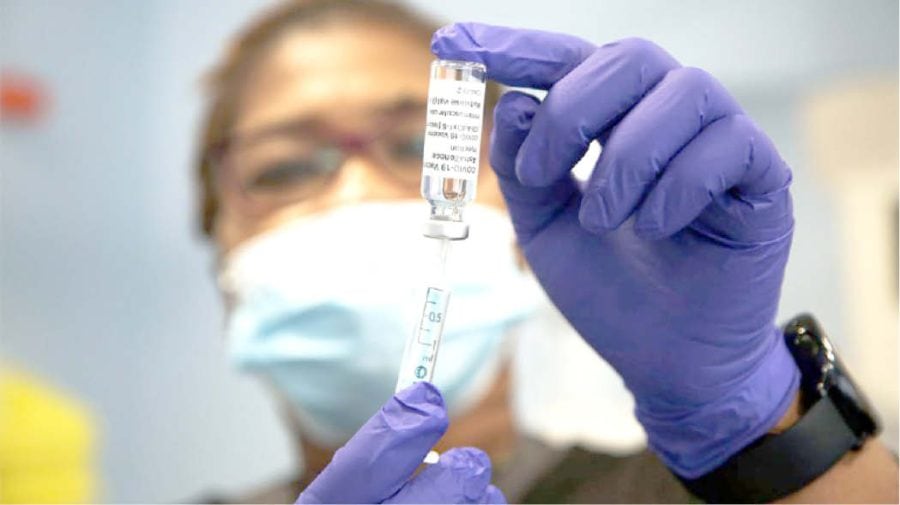A new study provides reassurance that a longer gap between the first and second doses of the Oxford-AstraZeneca vaccine will not compromise a person’s immune response.
A gap of up to 45 weeks actually led to a stronger immune response compared with the recommended interval.
A “booster” jab more than 6 months after the second dose further strengthened immunity, including against existing variants.
There were lower incidences of mild vaccine side effects after the second and third doses than after the first dose.
Low and middle income countries, such as Bangladesh, face a resurgence of Covid-19 cases, while at the same time, their supplies of vaccines remain severely limited.
In these countries, poor vaccine supplies have led to longer gaps than recommended between the first and second doses, raising concerns about inadequate immune responses.
The World Health Organization (WHO)Trusted Source recommends a gap of 8–12 weeks between the first and second doses of the AstraZeneca vaccine, one of the most widely distributed vaccines, globally.
Stay informed with live updates on the current Covid-19 outbreak and visit our coronavirus hub for more advice on prevention and treatment.
But a new study from the University of Oxford in the United Kingdom has provided reassurance that a second dose of the vaccine remains highly effective even after a gap of up to 45 weeks.
In fact, the immune response of volunteers after an extended delay was superior to the response after the recommended interval. The study, which has yet to undergo peer review, appears as a preprint.
The research found that a long delay may be beneficial, resulting in more antibodies to SARS-CoV-2, the virus that causes Covid-19, and an enhanced cellular immune response.









